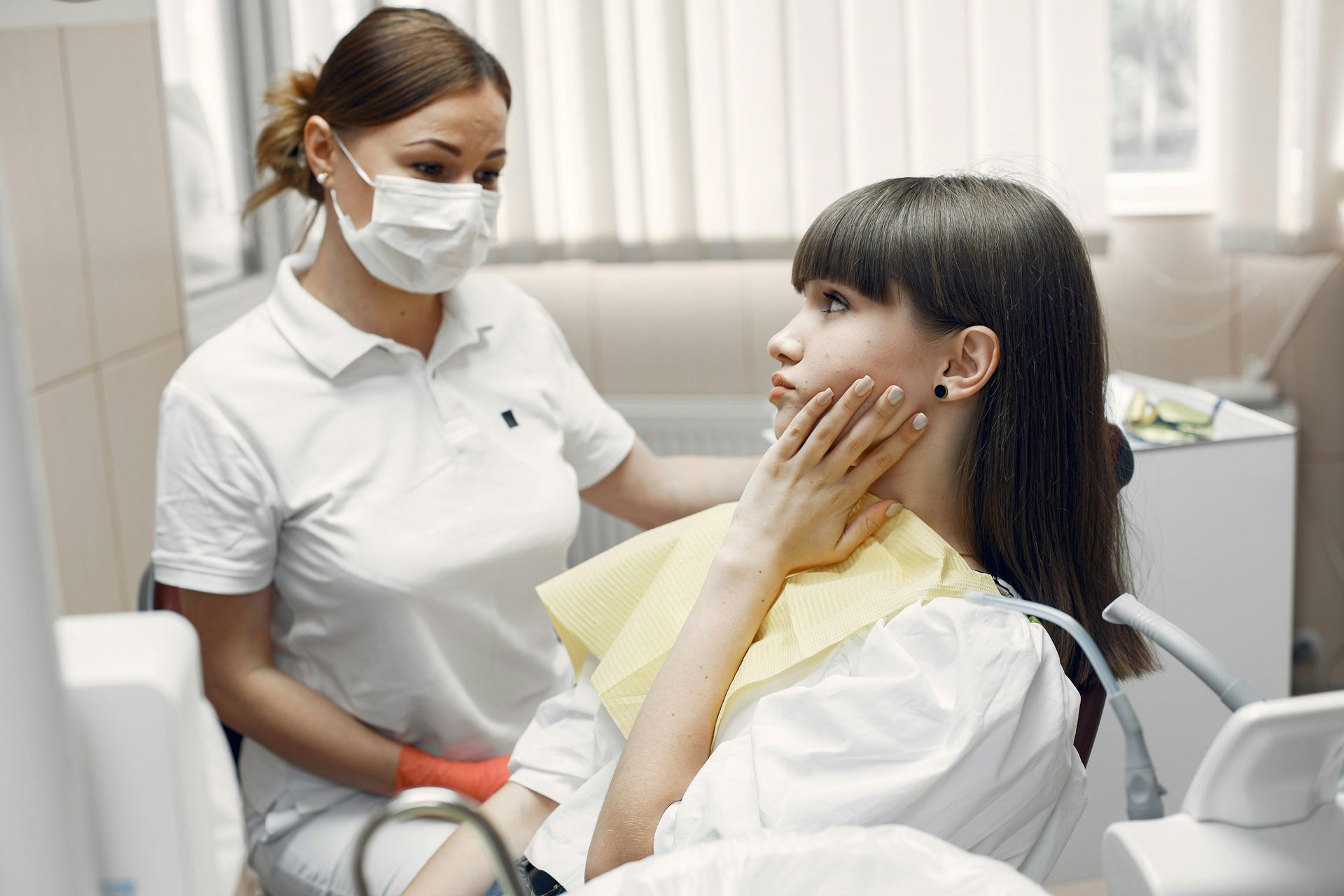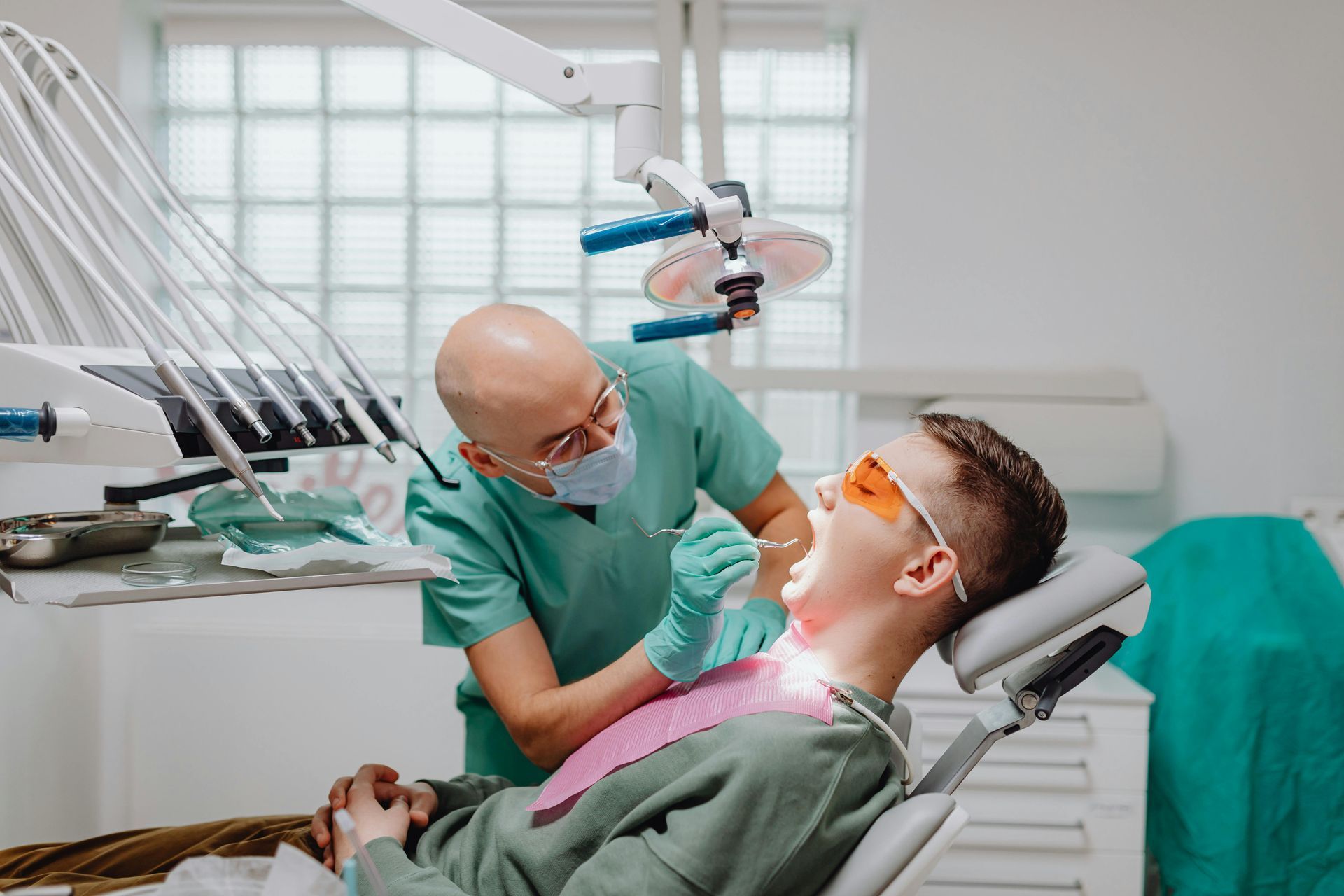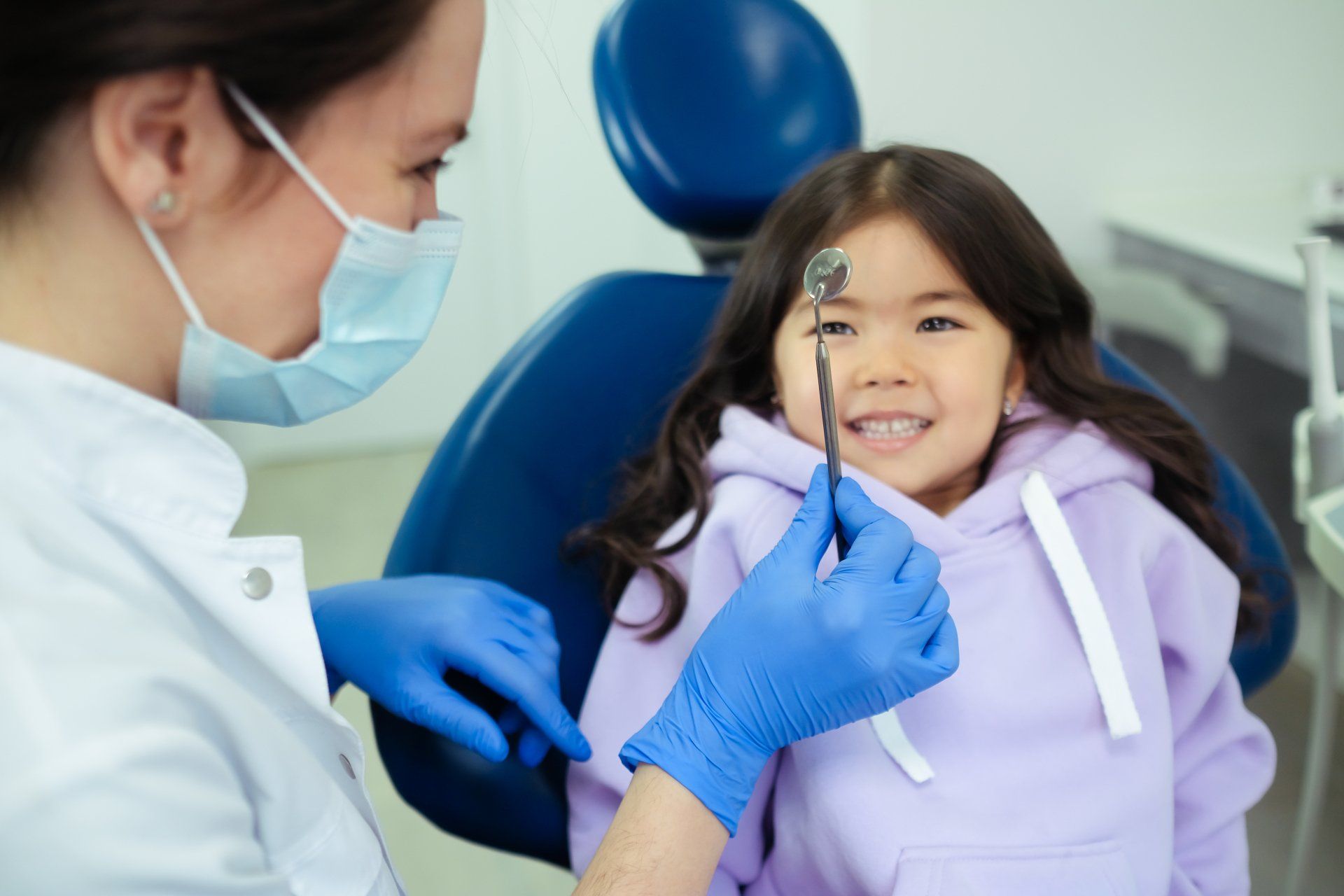Understanding Dental Care Needs During Pregnancy
The Importance of Dental Care in Pregnancy
Dental care plays a crucial role during pregnancy, not only for the health of the expectant mother but also for the unborn child. Hormonal changes during this time can increase the risk of periodontal disease and pregnancy gingivitis, ailments which, if left untreated, can lead to adverse pregnancy outcomes such as low birth weight and preterm births. Additionally, sugary foods cravings can increase the risk of tooth decay, while frequent exposure to stomach acids during bouts of morning sickness can erode tooth enamel.
Regular dental cleanings and check-ups should be a part of prenatal care. Although dental X-rays should be avoided, if necessary, they can be safely conducted with proper shielding. It's also advisable to rinse the mouth with water after vomiting to neutralize acids and to maintain a balanced diet that supports dental health.
Pregnant women should be aware of "pregnancy tumors" or pyogenic granulomas, which are non-cancerous inflammatory growths that can occur in the mouth. These are generally harmless and typically resolve after pregnancy. Nonetheless, timely consultation with a dentist during pregnancy is vital to manage any dental treatment safely and to prevent gingivitis, gum disease, or tooth loss, ensuring a healthy pregnancy and reducing the risk of adverse pregnancy outcomes.
Hormonal Changes and Their Impact on Oral Health
Pregnancy brings a myriad of hormonal changes that significantly impact a woman's body, including her oral health. Increased levels of hormones such as estrogen and progesterone lead to heightened blood flow to the gums, which can cause them to be more sensitive, swollen, and prone to bleeding. These hormonal fluctuations can also alter the body’s response to toxins, including those from plaque build-up, intensifying the potential for inflammation and gum disease. Additionally, these changes can affect the composition of saliva, which may reduce its effectiveness in neutralizing acid in the mouth and protecting against tooth decay and gum disease.
Periodontal Disease
Periodontal disease is an infection of the structures around the teeth, including the gums, periodontal ligament, and alveolar bone. During pregnancy, the risk of developing periodontal disease can increase due to hormonal changes leading to periodontitis – a more severe form. Studies have suggested a correlation between periodontal disease and adverse pregnancy outcomes, such as preterm birth and low birth weight. Pregnant women with periodontal disease should closely monitor their condition with a dental professional to mitigate any risks, and maintain good oral hygiene to prevent its onset.
Dental Caries
Dental caries, commonly known as tooth decay, is another oral health concern that can be exacerbated during pregnancy. Changes in dietary habits, such as increased consumption of sugary foods and carbohydrates, can contribute to a higher risk of cavities. Morning sickness can also be a contributing factor, as the stomach acids from frequent vomiting can wear away tooth enamel, making the teeth more susceptible to decay. Pregnant women should be diligent with their dental care routine, including thorough brushing and flossing, and after episodes of morning sickness, rinsing the mouth with a cup of water to neutralize the acids.
Gum Inflammation
Gum inflammation, or gingivitis, is common during pregnancy, often referred to as "pregnancy gingivitis". The swollen, tender gums that result from hormonal changes can lead to discomfort and bleeding during brushing and flossing. Pregnant women are encouraged to maintain regular dental cleanings and seek dental treatment when necessary to handle these symptoms. Left unchecked, gingivitis can escalate to periodontal disease, which not only poses risks to oral health but also to the pregnancy. Care including regular professional dental cleanings can significantly help in preventing gum inflammation from progressing to more severe conditions.
Common Causes:
- Poor dental hygiene
- Plaque buildup on teeth
- Smoking or chewing tobacco
- Older age
- Dry mouth
- Poor nutrition
- Dental restorations that don't fit properly
- Conditions that decrease immunity such as leukemia, HIV/AIDS, or cancer treatment
Symptoms to Watch For:
- Gums that are red, tender, or swollen
- Gums that bleed during brushing or flossing
- Bad breath
- Receding gums
- Tender gums
Prevention Strategies:
- Brush teeth twice a day
- Floss regularly to remove plaque
- Visit the dentist for regular check-ups
- Maintain a balanced diet
- Avoid tobacco use
When to See a Dentist:
- Persistent bad breath
- Changes in how teeth fit together when biting
- Any signs of gums bleeding
Effects of Poor Oral Health on Pregnancy Outcomes
Maintaining a healthy mouth is crucial for everyone, but it is especially important for pregnant women due to the potential for adverse pregnancy outcomes linked to poor oral health. Dental issues during pregnancy can lead to a variety of complications that not only affect the mother but also the developing baby. It has been observed that maternal periodontal disease can be associated with preterm births, low birth weight infants, and preeclampsia. Additionally, inflammation and infections in the mother's mouth can contribute to systemic inflammatory responses, which may prompt adverse effects on the pregnancy.
Moreover, hormonal changes during pregnancy can increase the risk of developing pregnancy gingivitis, periodontal disease, and in some cases, pregnancy tumors—non-cancerous growths also known as pyogenic granulomas. These conditions, if not managed and treated properly, can exacerbate the risk of developing complications that may affect both mother and child. It is imperative for pregnant women to maintain optimal oral hygiene practices and seek dental treatments if necessary to mitigate these risks and aim for a healthy pregnancy outcome.
Risk of Preterm Birth
Research has found a link between periodontal disease in pregnant women and preterm birth, which is birth that occurs before 37 weeks of gestation. Preterm births are a significant concern as they are a leading cause of neonatal mortality and can lead to long-term health issues for the child. It is believed that infection and inflammation in the mother's mouth can increase the production of prostaglandins, compounds that are involved in labor and can potentially initiate preterm birth if produced prematurely.
To combat this risk, dental professionals recommend regular dental cleanings and check-ups before and during pregnancy. They also advise pregnant women to notify their dentist about their pregnancy so that any dental treatment required can be appropriately managed, and the use of dental X-rays can be minimized or altered to protect the developing fetus.
Potential Impact on Baby's Health
Poor oral health in pregnant women doesn't only have the potential to affect them but also poses risks for the baby's health. Periodontal disease is associated with an increased risk of the baby being born with a low birth weight, a factor that can lead to a range of short and long-term medical issues, including developmental delays, respiratory problems, and infections. Additionally, periods of vomiting experienced during pregnancy can expose teeth to stomach acids, which can erode tooth enamel and increase the risk of tooth decay.
Expectant mothers should be counseled to rinse their mouth with water after episodes of morning sickness to neutralize the acid, and to avoid sugary foods and beverages that can promote tooth decay. A balanced diet rich in vitamins A, C, and D, as well as calcium, can help in maintaining dental health and supporting the development of the baby's teeth and bones. Good oral hygiene practices, such as brushing with fluoride toothpaste and flossing, should be maintained regularly to reduce the risk of decay and gum disease, ultimately contributing to a healthier pregnancy and baby.
Best Practices for Maintaining Oral Health During Pregnancy
During pregnancy, a woman's body undergoes numerous changes, some of which can affect dental health. Optimal oral health practices are, thus, integral to a healthy pregnancy. The hormonal fluctuations can increase the risk of periodontal disease, pregnancy gingivitis, and development of so-called pregnancy tumors (pyogenic granulomas), which are non-cancerous inflammatory growths in the mouth. To mitigate these risks and maintain strong dental health during this sensitive time, pregnant women should adhere to a range of best practices encompassing regular dental check-ups, proper oral hygiene, and nutritional considerations.
Regular Dental Check-ups
Scheduling regular dental check-ups during pregnancy is essential for monitoring and managing oral health. Dentists can provide comprehensive evaluations and perform dental cleanings that help control plaque and reduce the likelihood of pregnancy gingivitis and periodontal disease. Even though dental X-rays are generally avoided during pregnancy, modern advancements and safety protocols make necessary X-rays safe when properly shielded.
It’s recommended to inform the dentist about the pregnancy, so that they can tailor dental treatments accordingly. Non-emergency procedures are often postponed until after the first trimester, the most critical time of the baby’s development. Furthermore, dental emergencies or treatments such as root canals that can't wait might be undertaken with caution.
Proper Oral Hygiene Practices
Maintaining proper oral hygiene is crucial during pregnancy, not only to keep gum disease at bay but also to prevent tooth decay, which can be exacerbated by frequent snacking on sugary foods or exposure to stomach acids due to morning sickness.
Expectant mothers should brush at least twice a day with fluoride toothpaste and floss daily. If morning sickness causes vomiting, it’s advisable to rinse the mouth with water to prevent stomach acids from attacking tooth enamel. A gentle rinse with a teaspoon of baking soda in a cup of water can neutralize acid without causing abrasive damage to the teeth. Furthermore, pregnancy triggers changes that can increase sensitivity and discomfort, so using a softer toothbrush may be beneficial.
Here’s a quick list to maintain proper oral hygiene:
- Brush twice daily with fluoride toothpaste.
- Floss daily to remove plaque between teeth.
- Rinse mouth with water after exposure to stomach acids.
- Consider using a softer toothbrush during pregnancy.
Nutritional Considerations
Nutrition plays a pivotal role in maintaining dental health during pregnancy. A balanced diet rich in vitamins and minerals supports both maternal and child health, including that of the teeth and gums. Pregnant women should consume plenty of calcium, vitamin D, phosphorus, protein, and vitamins A and C, all of which support dental health and the development of the baby’s teeth.
To prevent tooth decay and gum disease, limiting the intake of sugary snacks and beverages is essential. Additionally, frequent snacking, which can be common during pregnancy, should be mindful of oral health. If snacks are needed, choosing teeth-friendly options like cheese, nuts, or crunchy vegetables can be beneficial. Staying hydrated with water, especially after meals, can help cleanse the teeth and mouth and reduce the risk of tooth decay.
By following these guidelines for regular dental check-ups, proper oral hygiene practices, and sound nutritional choices, pregnant women can help ensure a lower risk of dental complications and contribute to a healthier pregnancy overall.
Safety of Dental Treatments During Pregnancy
During pregnancy, it's critical to maintain oral health, and dental treatments may be necessary to address issues that could otherwise affect the health of the mother and the developing baby. Many women may be concerned about the safety of such treatments during this sensitive time. The consensus among dental and healthcare professionals is that dental care is not only safe but highly recommended during pregnancy. It is particularly important to prevent and treat periodontal disease and tooth decay, as these can lead to adverse pregnancy outcomes.
Generally, the second trimester is considered the best time during pregnancy to perform routine dental treatments. This is when the development of the fetal organs is complete, and the risk of discomfort due to lying on the back is lower than in the last trimester. Non-emergency procedures, however, can be postponed until after the birth of the baby. In any case, all planned dental treatment should be discussed with both the dentist and obstetrician to determine the best approach for each individual case.
As for dental cleanings and preventive exams, they are not only safe but recommended during pregnancy. Regular cleanings help prevent tooth decay and gum disease, which are linked to preterm birth and low birth weight. Oral health problems like pregnancy gingivitis, characterized by swollen and bleeding gums, need prompt attention to avoid progression to more severe periodontal disease.
In summary, the overwhelming view is that dental care during pregnancy is important, safe, and should be coordinated with healthcare providers to ensure the best outcomes for both mother and baby.
X-rays: Are They Safe?
Dental X-rays are sometimes necessary to properly diagnose and plan treatment for dental problems. Pregnant women may be concerned about the radiation exposure from dental X-rays and the potential risks to their developing baby. However, the American Dental Association (ADA) and the American College of Obstetricians and Gynecologists (ACOG) have stated that dental X-rays are safe during pregnancy when necessary precautions are taken.
Conclusion: Promoting Comprehensive Oral Health Practices
In conclusion, maintaining comprehensive oral health practices is vital during pregnancy due to the heightened risk of conditions such as gum disease, pregnancy gingivitis, and periodontal disease, which are linked to adverse pregnancy outcomes like preterm birth and low birth weight. Pregnant women should be diligent in their dental care routine, including regular dental cleanings and check-ups. Dental treatment, including necessary dental X-rays, is generally safe and beneficial during this time.
It is crucial to keep in mind that the consumption of sugary foods and exposure to stomach acids during pregnancy can increase the risk of tooth decay and may harm tooth enamel. A balanced diet, reducing sugary intakes, and rinsing the mouth with a cup of water after meals can minimize these risks. Furthermore, awareness about the occurrence of pregnancy tumors (pyogenic granulomas) can help in seeking timely treatment and prevention of gum disease.
Understanding the importance of oral health care during pregnancy and implementing these practices can help ensure a healthy pregnancy. It is recommended that pregnant women consult with their dentist during pregnancy to receive personalized guidance and to manage oral health effectively, safeguarding both mother and baby from potential complications.
Comprehensive Oral Health Practices For Pregnant Women
Dental Check-ups
- Regular dental cleanings
- Necessary dental X-rays with proper shielding
- Consultations tailored to individual needs
Dental Care At Home
- Brushing twice daily with fluoride toothpaste
- Flossing daily to prevent gum disease
Diet Considerations
- Limiting sugary foods and beverages
- Rinsing mouth with a cup of water after meals
- Maintaining a balanced diet for oral and overall health
Managing Oral Changes
- Monitoring for pregnancy gingivitis
- Seeking treatment for pregnancy tumors (if they arise)
- Understanding the implications of periodontal disease
Safe Dental Treatments
- Root canals
- Tooth restorations
By adopting these strategies, pregnant women can minimize their risk of tooth decay, tooth loss, and more significantly, prevent premature births and other adverse pregnancy outcomes associated with poor oral health.
At Don River Dental we give you the best tips . If you are experiencing any symptoms or pain please feel free to call us at (416) 901 - 9292 and someone from our team will be happy to answer any questions and schedule an appointment as soon as possible. We offer safe soothing dentistry in North York.












